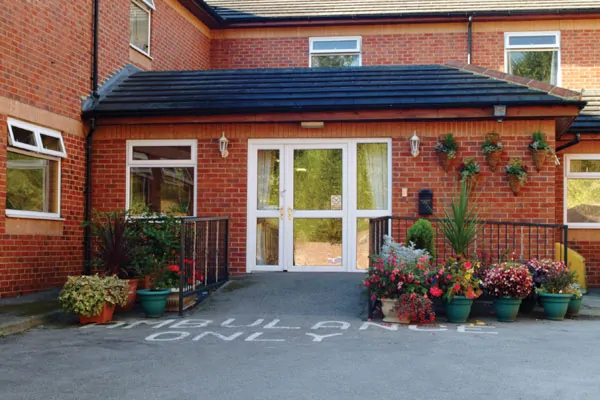The dreaded day has finally arrived. You were distracted by simultaneously finishing up a late work project, trying to cook dinner, and pick out your dad’s clothes, when suddenly you notice the front door is ajar and your dad is nowhere to be found. Panic sets in, and your immediately begin frantically searching for your dad. Luckily, you locate him within moments. As you’re tucking him into bed that night, you begin to repeat the chain of events that lead to your dad’s unassisted stroll down the street. Glumly you realize that you’ve been steadily falling behind on work and responsibility to your own family while trying to balance the responsibility of being a caregiver with a career.
This is just one of many stories. While the very thought of a nursing home may feel you with dread, it’s important to consider that assisted living may be the next step in caring for your parent if you can no longer commit 100% to taking care of them. A nursing home does not mean you’ve failed as a caregiver, but instead have realized that you’ve reached a point where you can no longer provide the round the clock care that your parent may require.
Here are some signs that it may be times to consider a nursing home for your parent or loved one:
Frequent Wandering
As highlighted in the opening paragraph, wandering is common for people suffering from dementia, and it can have disastrous consequences. In the time that it takes for you to use a restroom, your loved one may wander away from the home. If they are suffering from dementia, there’s a high probability they won’t know how to return home on their own. They may be injured, or worse.
Caregiver Burnout
The stress associated with caregiving significantly increases when there’s little to no chance that your family member will recover from their disability. And if left unchecked, that stress can eventually begin to affect your personal relationships, mental state, and health, ultimately leading to burnout. Once you’ve reached this level, you may begin to notice you have a short fuse. At this point, you have to ask yourself if it’s healthy for you to continue to be the sole provider for your loved one.
Aggressive Behavior
Patients suffering from dementia or Alzheimer’s often times begin to exhibit aggressive behavior towards their caregivers, and it will only get worse with time. Most doctors will typical advise caregivers to consider placement at this point.
Falls and Safety Issues
For an elderly person, a fall can truly be life threatening. If you are noticing more frequent falls and injuries, it may be time to begin searching for a safer living arrangement for your loved one.
It’s important that you consider the idea that sometimes the best decision for the health and well-being for both you and your loved one may involve putting them in a nursing home. Once you have reached this conclusion, tap into resources and begin researching the available options. You just might discover that assisted living can provide a better quality of life for both parties.
Image Credit: Brian Bullock



